Indian-origin Vikram Sharma wins Australia’s Prime Minister’s Prize for Innovation
The QuintessenceLabs founder was honored for commercializing deep quantum science into global cybersecurity applications.
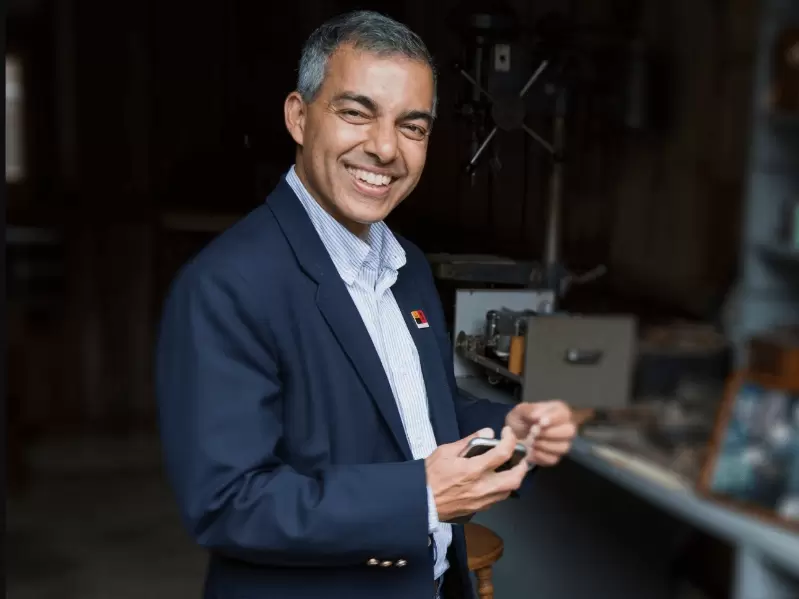 Dr. Vikram Sharma. / ACS Fellowship
Dr. Vikram Sharma. / ACS Fellowship
Indian-origin scientist Dr. Vikram Sharma, founder and CEO of quantum security company QuintessenceLabs, has won Australia’s Prime Minister’s Prize for Innovation, one of the country’s highest honors for scientific achievement.
The $250,000 award recognizes Sharma’s success in turning “deep quantum science” research into commercial technology used by businesses worldwide. QuintessenceLabs, based in Canberra, develops quantum cybersecurity systems that protect data from emerging quantum threats. Its products are used across four continents.
“This is a wonderful tribute to the extraordinary work of our team and recognition well beyond anything one could have ever dreamt about,” Sharma said.
ALSO READ: India seeks ‘brain exchange’ with global scientific diaspora
He called quantum science “an incredible opportunity for Australia,” adding that researchers, innovators, and policymakers were “dedicatedly working together to position Australia as the best place in the world to study, research and work in quantum.”
The recognition follows a series of major investments in QuintessenceLabs. Earlier this year, the Australian government’s $15 billion National Reconstruction Fund invested $15 million as the lead contributor in the company’s $20 million funding round. That funding supports a new manufacturing site in Canberra and the creation of up to 15 specialized quantum technology jobs.
The company’s portfolio includes a Quantum Random Number Generator for encryption, cryptographic key management tools, and secure quantum key distribution systems.
Sharma, who is also a Fellow of the Australian Computer Society, joins seven other recipients of this year’s Prime Minister’s Prizes for Science. The awards span several categories, including life sciences, physical sciences, education, and a newly introduced category recognizing Aboriginal and Torres Strait Islander Knowledge Systems.
Other winners include Queensland University of Technology’s Distinguished Professor Lidia Morawska, honored for air quality research; Dr. David Khoury of UNSW’s Kirby Institute, for work on infectious disease modeling; and Professor Yao Zheng of the University of Adelaide, for developing clean hydrogen energy from seawater.
The Prime Minister’s Prizes for Science, now in their 26th year, celebrate achievements that bridge research, innovation, and commercial impact.
Strong partnerships with universities and government “are fundamental to how we operate,” Sharma said. “Early-stage scientific research is best undertaken by the brilliant minds in our universities.”
ADVERTISEMENT
ADVERTISEMENT
E Paper
Video




 Pranavi Sharma
Pranavi Sharma



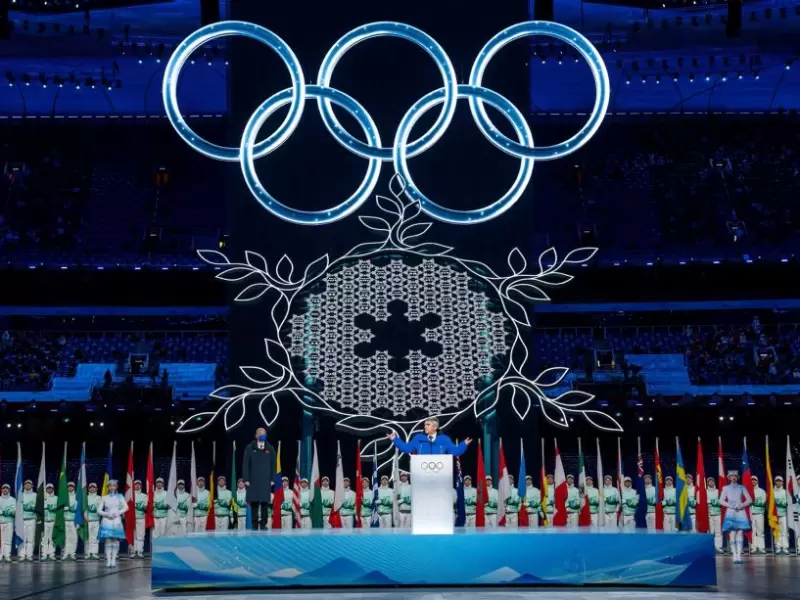
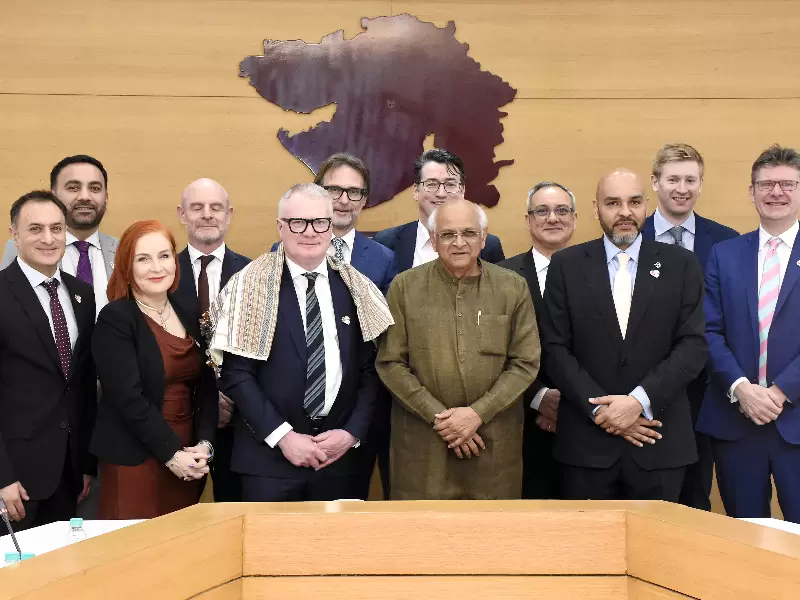

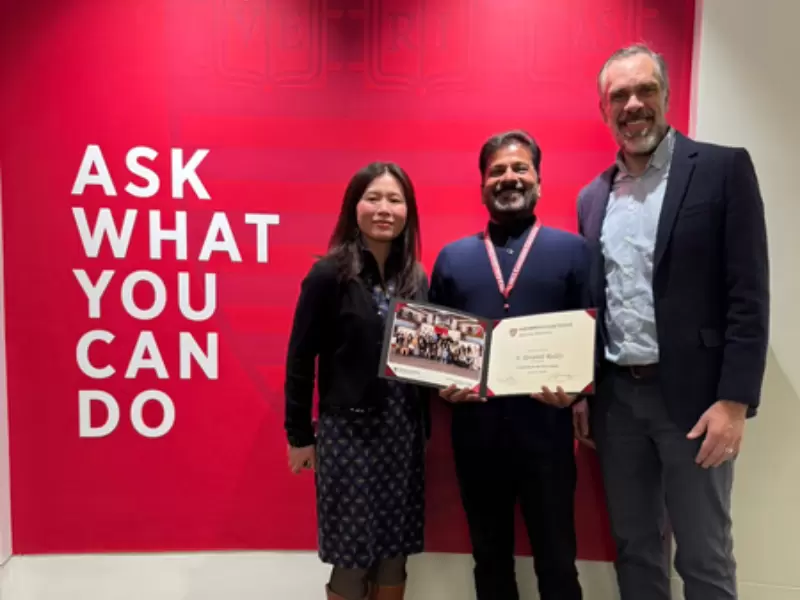



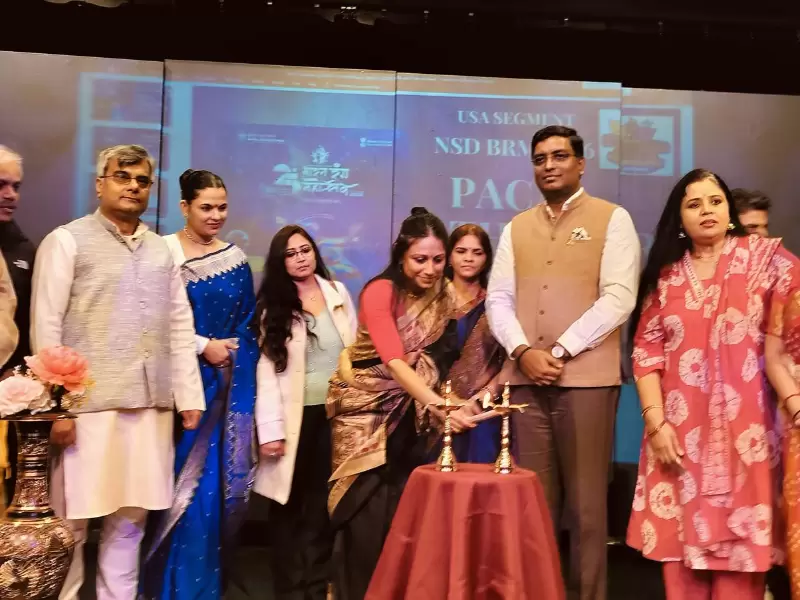


Comments
Start the conversation
Become a member of New India Abroad to start commenting.
Sign Up Now
Already have an account? Login